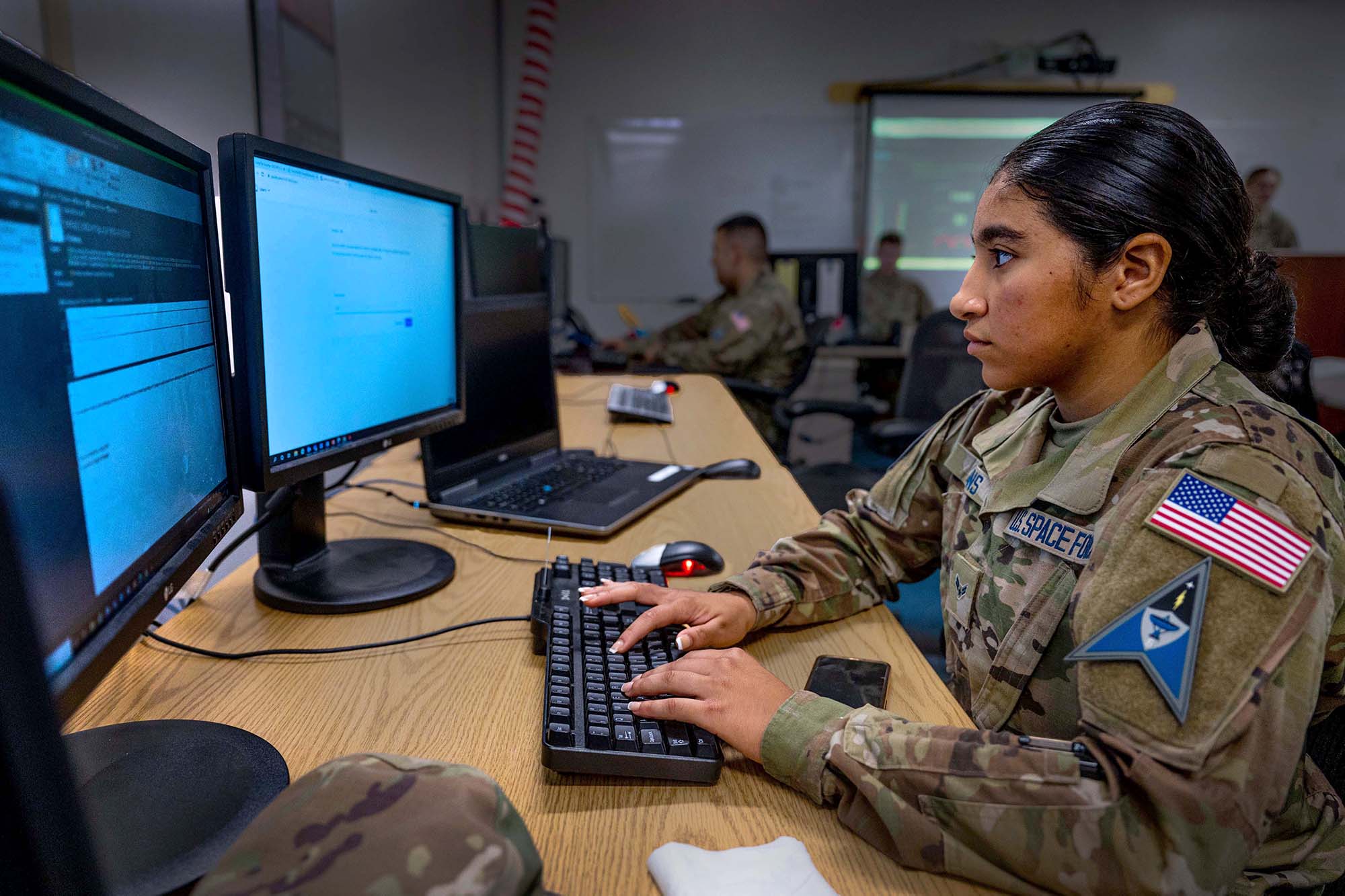This article was provided by HappyValley Industry, an online platform that amplifies Happy Valley’s success and opportunities in business, industry, talent and quality of life. Read more and sign up for the weekly newsletter at happyvalleyindustry.com.
You don’t notice them, but they’re always there — measuring, monitoring, helping you live a safer, more convenient life. Sensors have become widely used in manufacturing and are now commonplace in homes and personal items, from smartphones to cars to smart-home devices like robot vacuums, lights, thermostats, cameras and more. Sensors now track human health data, just like they track the health data of heavy equipment and machinery in factories.
In Happy Valley, sensors play a role in our research and business ecosystem, with extensive sensor research taking place at Penn State and several established sensor companies growing or starting up in the area.
Here’s why some local experts believe Happy Valley has an affinity for sensor technology and how they see them changing the world for the better.
Why Happy Valley is a sensor technology hot spot
For KCF Technologies, the “why” behind the company’s Happy Valley headquarters is clear. This is where the company got its start and there were never plans to grow anywhere else.
As Sean Buda, vice president of marketing, explained, KCF Technologies came out of Penn State research more than two decades ago. At that time, the company’s three founders, all Penn State researchers, including current CEO Jeremy Frank, were working on wireless vibration sensors for various government agencies.
As the sensors proved applicable in a broad range of applications, KCF’s reach expanded to more industries. As the company grew, it relied on adding more Penn State talent.
“When I started with KCF two-and-a-half years ago, I would say at least 70% of our company was from Penn State. Now, that continues to diversify, coming out of [the COVID-19 pandemic], as we become more of a global player,” Buda noted. “We’re operating on six different continents, with over 600 manufacturing locations, as we scale our business.”
Still, its global reach doesn’t tempt KCF to relocate. The company is deeply embedded in the Penn State community, through athletics sponsorships, internship programs and high quality of life for its employees. Buda has an optimistic outlook on continuing to grow as a global business from central Pennsylvania.
“Every June, we hold an industry-wide manufacturing event in Happy Valley and, last year, we had 250 people attend from around the world,” he said. “State College is becoming an easier place to do business, with some great venues… If we were to do this… 10 years ago, it wouldn’t have been quite as easy.”
Another sensor innovator with a strong Penn State connection is Larry Cheng, Professor of Engineering Science and Mechanics at Penn State. We’ve covered Dr. Cheng’s research many times in the past, including his work on wearable sensors that could change health care for good.
Cheng credits Penn State’s unique interdisciplinary approach to research in aiding him






